“You look at Aurora in Colorado. They are taking over the towns. They’re taking over buildings. They’re going in violently… And they’re destroying our country. They’re dangerous. They’re at the highest level of criminality. And we have to get them out. We have to get them out fast.”
At the presidential debate on Sept. 10, former president Donald Trump said these words to 67 million people. This didn’t particularly stand out to me, until a few weeks ago when I was in Denver and realized Aurora, the city being “overtaken by Venezuelan gangs,” was just 10 minutes away. I decided to see for myself.
Driving into Aurora, it was hard to imagine that I was in the place he had described. There certainly was no visible emergency. I kept waiting for any sign of these supposed “Venezuelan gangs,” but I saw nothing.
As I made my way around town, I headed to the apartment complexes on Nome Street and Helena Street that Trump referred to in his statements. Both buildings just looked like run down, vacant apartments. The surrounding areas, though, were being gentrified, a striking similarity to many areas of Austin.
So why had these apartment buildings caused such controversy? A 15-second video posted online of armed men entering into the apartment somehow turned into a game of telephone once it went viral. Just a few weeks later, this isolated incident was amplified to millions of people with Trump’s claim that a town of 400,000 was being overrun by Venezuelan gangs.
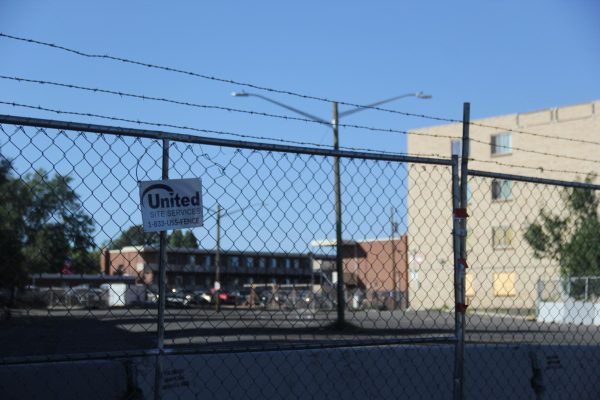
This was the basic knowledge I knew about this situation at the time. It was hard to imagine why Aurora was being described as a “war zone” when it seemed just like any other suburban city. Even though I was only in the Denver area for a few days, I had to learn more.
Just shortly after seeing Aurora and the apartment buildings for the first time, I headed to a nearby library. After waiting outside with a few other locals, many of whom were waiting for toddler story time, I was let in and made my way to the teen room to see if I could find someone to talk to. That’s when I met librarian Andrea Kingsley who was graciously willing to share her perspective.
“That singular clip really blew up and was kind of taken to be solid evidence that an army of Venezuelans were taking over this apartment complex,” Kingsley said. “People were also posting photos and videos of people washing windshields at stop lights and being like ‘These are the Venezuelan gangs,’ but when I imagine gang violence, I don’t think of someone washing your windshield, you know?”
Kingsley quickly affirmed the experience I was having in Aurora.
“The fact of the matter is there is a tiny kernel of truth in that there is a level of gang violence in Aurora, as there is with any city,” she said. “It is possible that there are gang members who are Venezuelan because we are a city with a lot of people and when there’s a lot of different people they are on all ends of the spectrum of what they do and how they exist in the space.”
The real problem for the community as she sees it, is not Venezuelan gangs, but the way in which immigrants, a group already struggling to find support, are now being targeted.
“It’s been turned into something that has taken a group of people who are in poor living situations … not feeling safe already with their housing … and there’s a lot of uncertainty in their lives, and on top of that they’re being vilified because of this organization,” Kingsley said. “It’s just really disheartening to see.”
Kingsley was able to point me in the direction of community organizations and leaders who could shed more light on the situation. Following my conversation with her, I headed over to Mango House, which provides health care, dental care, stores, and a food court, all of which support or are run by refugees and asylees. The staff was incredibly busy, and the waiting rooms were filled with patients. It was clearly an important community space, so important that I wasn’t able to talk to anyone there.
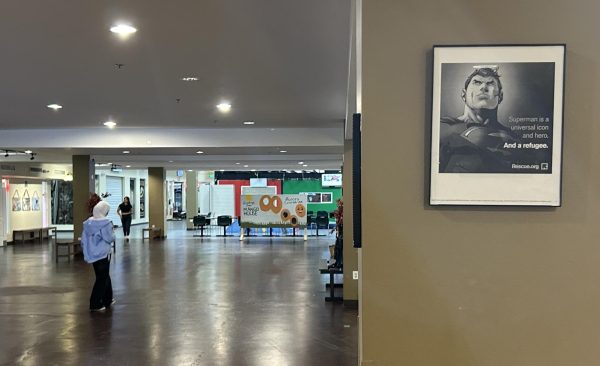
I then reached out to Mateos Alvarez, executive director of the Aurora Economic Opportunity Coalition (AEOC) who sat down with me the next morning at La Cueva Restaurant in northwest Aurora.
When we sat down at a booth in the restaurant, I asked him to tell me a little bit about the organization he has been running since 2016. He explained to me that AEOC does essentially what its name says, working to support economic revitalization in the original part of Aurora and addressing situations like workforce development pipeline needs. Alvarez also heads the Migrant Response Network, which assists immigrants in a variety of ways.
This network has tried to help the community adjust to the influx of immigrants over the past few years, due to Texas Gov. Greg Abbott’s bussing plan, a plan Alvarez described as an “I got you” moment, one he didn’t see coming, since neither him nor Colorado’s governor had any prior warning. Over an 18-month period, thousands of migrants came to the Denver area through Texas.
With so many immigrants arriving in the city in such a short period of time, many have found themselves living in unsafe conditions, including the residents of the apartments at the center of Trump’s comments.
“When you go into those apartment complexes, our newcomers don’t bring up gangs,” Alvarez said. “They bring up the horrible conditions that they were living in because of a landlord that just doesn’t really care. There’s no checking in on our newcomer folks to see what their living conditions are, only that there’s a place for them to live.”
Alvarez works directly with these communities and has been assisting the residents who were recently evicted from these apartments in the swirl of controversy.
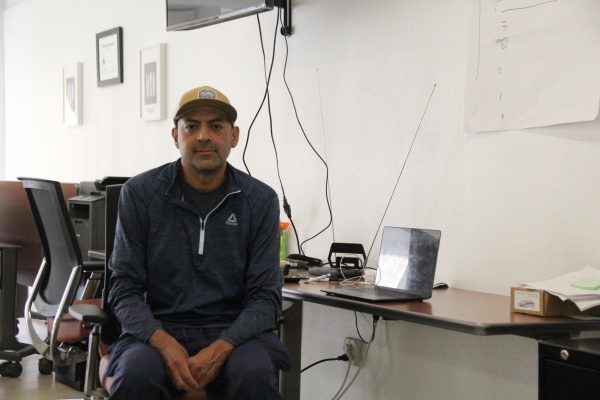
“We’re really working hard to get them to be able to get out of those [unlivable conditions],” he said. “They’ve struggled to do it alone and become independent [while living in] these really bad places. That’s where we can do most of our work. The other harmful thing is those who are in some of these apartment complexes who have tried to get out and move into another better apartment complex have been denied because they have been associated with that particular complex and so they’re not able to get out of there. That’s where advocacy from our standpoint is really gonna have to step in, and that’s what we’re doing.”
It turns out that my cousin, Austin High School graduate Kirsten Gilliland, has been living near Aurora for over a year. When we met up for dinner on my last night in Denver, I shared what I had been learning about the city. While she was surprised that I had been using my time this way, she seemed glad to know I’d be sharing the experience with others, telling me that she’s been troubled by the rhetoric as well.
“The individuals who have immigrated here that I have had the opportunity to interact with are just like you and me,” Gilliland said. “They moved to create the best opportunities for their children and families. They are law abiding. They are working hard. They were in desperate situations we cannot even imagine. To villainize anyone in this manner is unfair and, frankly, mean.”
Gilliland felt that the recent allegations made by figures like Trump ignore the facts of the situation and the humanity of the people involved.
“His claims regarding cities, like Aurora, are creating fear and anger in these communities,” she said. “He creates false images of crime in areas with new immigration, that not only degrades immigrants and how they are perceived by the public, but creates an atmosphere of mistrust and worry.”
This mistrust and worry, I found, has reached far beyond Aurora’s city limits. While I was 90 miles away, on a college tour at Colorado State, one of my tour guides, who asked to remain anonymous because she worked for the university, mentioned she was from Aurora. I asked her how she felt about the national attention her hometown was getting, and it was evident that she was experiencing some repercussions from all the negative attention.
“I’ve had someone make a comment to me and my friend about people from Aurora being ‘p-ssies’ because we’ve let a bunch of Venezuelans come and invade our homes,” she said, “which, again, isn’t happening.”
As we walked to our next stop on the tour, I began to realize how difficult it must be for her. Until that moment I hadn’t really considered how much the narrative would impact someone. so far removed from the situation.
“It takes a lot of mental energy to have to constantly explain to people that what they’ve heard about Aurora is likely false and [to deal with] the constant microaggressions in the comments people make to me about being from there,” she said.
Knowing the community so well, having grown up in Aurora, my tour guide acknowledged that there are challenges there, ones that can’t be solved through persistent lies.
“Crime has been an issue in Aurora for years now, and it has gotten worse within these last couple of years,” she said. “But instead of addressing the problems head on, people try to use an entire community of people as scapegoats for explaining the crime issue in Aurora. So not only is it just pure fear mongering, it’s racism.”
Having talked to current and former Aurora residents, it seemed like the whole community had become guilty by association, something that Kingsley had pointed out back at the Aurora Library.
¨Even my grandma who’s from El Paso, Texas, called me and was like, ‘Oh no, are you safe with the Venezuelan gangs?’” Kingsley said. “I had to be like, it’s not real in the way that the extreme media is dealing with it and covering it.’”
When I spoke with Alvarez, he told me he had witnessed the consequences of this misinformation first hand, as people have been almost criminalized because of their nationality.
“Some [immigrants] did lose their jobs from one day to the next once that [news] broke,” Alvarez said. “We have a day labor center, and we had folks say ‘I came to get a day laborer but, please, I don’t want a Venezuelan.’ It just kind of permeated people’s thinking.”
Aurora will likely be seen for some time by many people as a place destroyed by migrant crime. But in truth, as I saw while Alvarez walked me around northwest Aurora, the very immigrant community that is under attack is what has created the vibrant and diverse culture of the city. His message to people from other places is simple.
“If you are ever coming to the Denver metro area, please come to northwest Aurora,” he said. “Visit a restaurant, visit a small business, and get to know us from the ground up. Really look at the beautiful diversity that we have here, the culture, the food and all that stuff. That’s more of who we are rather than the kind of harmful rhetoric that’s been put out there for us.”
My tour guide at Colorado State expressed similar thoughts.
“The cultural exchange you get from just being around people from various backgrounds in Aurora educates you on people’s various ways of living. I think a little cultural exchange could do some good for people who aren’t used to having various walks of life around them and honestly helps prevent against misinformation, which turns into prejudice and discrimination.”
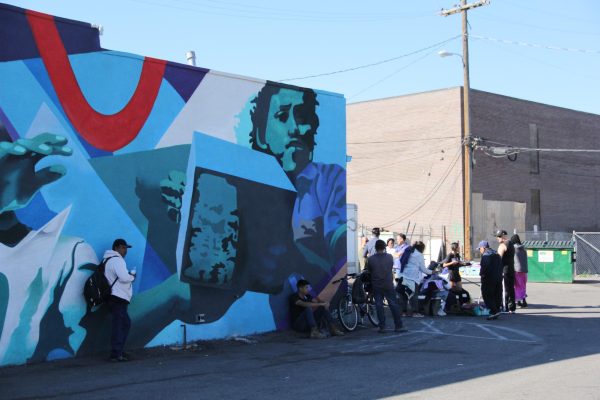
Gilliland may have grown up in Austin, not Aurora, but she agrees that the best antidote to the misinformation being shared is to really connect with other people.
“I encourage people to not only educate themselves on issues such as this, but also take time to interact in a meaningful way with those whose backgrounds are different from your own,” she said. “We may not be able to walk in everyone’s shoes, but we can at least listen with an open heart.”
Lies circulating in the media and the political atmosphere this election cycle, are one thing. But for many Aurora residents like Kingsley, who has found a home and love for the diversity of the city, the truth is another.
“Our slogan is ‘A World Within the City,’” she said. “That’s part of why I love working here.”
So, when I really looked at Aurora, Colo., I didn’t see a town being taken over. I didn’t see a country being destroyed, and I didn’t see anyone we had to get out fast. Instead, I saw a city of individuals like Kingsley and Alvarez, serving their community, the student from Colorado State, persisting in the face of hate, and my cousin Kirsten, who started out in Austin and found Aurora as a place to work and grow.
Aurora, Colo., is a prime example of the importance of learning before you vote and trying to move beyond the headlines. I am not legally allowed to vote yet, so I didn’t go to Aurora for political reasons … but I did go to Aurora because of politics. I could tell there was more to the city than what I had seen on TV. I feel very lucky to have had this opportunity to speak to so many people and to learn so much, but I remain saddened that the story made up about Aurora for political gain has gotten so much traction, that many people actually think it’s true, and that many other people are hurting as a result.
I’ve come away hoping that Americans will see through the misinformation and move past the rhetoric to find the reality.
And, most importantly, I hope we can understand the human toll of political lies.



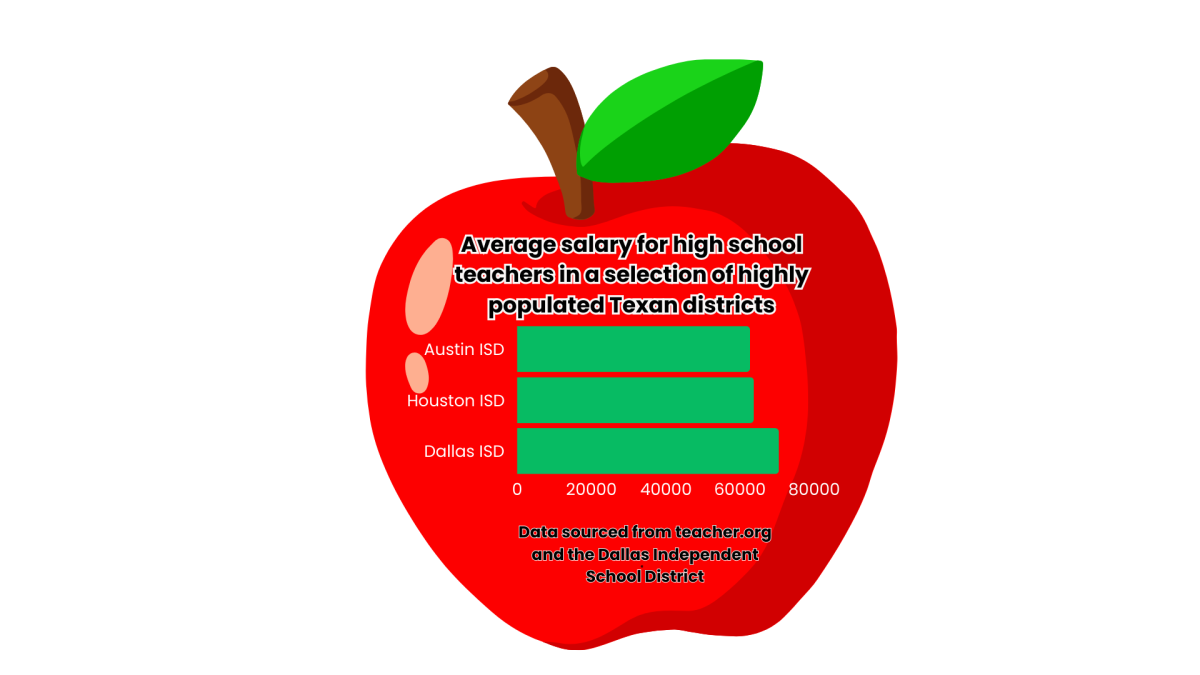
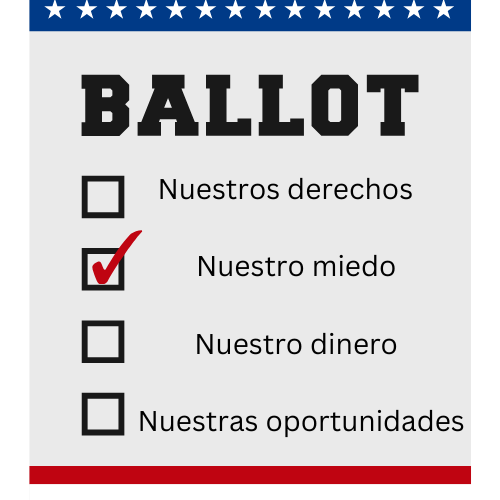
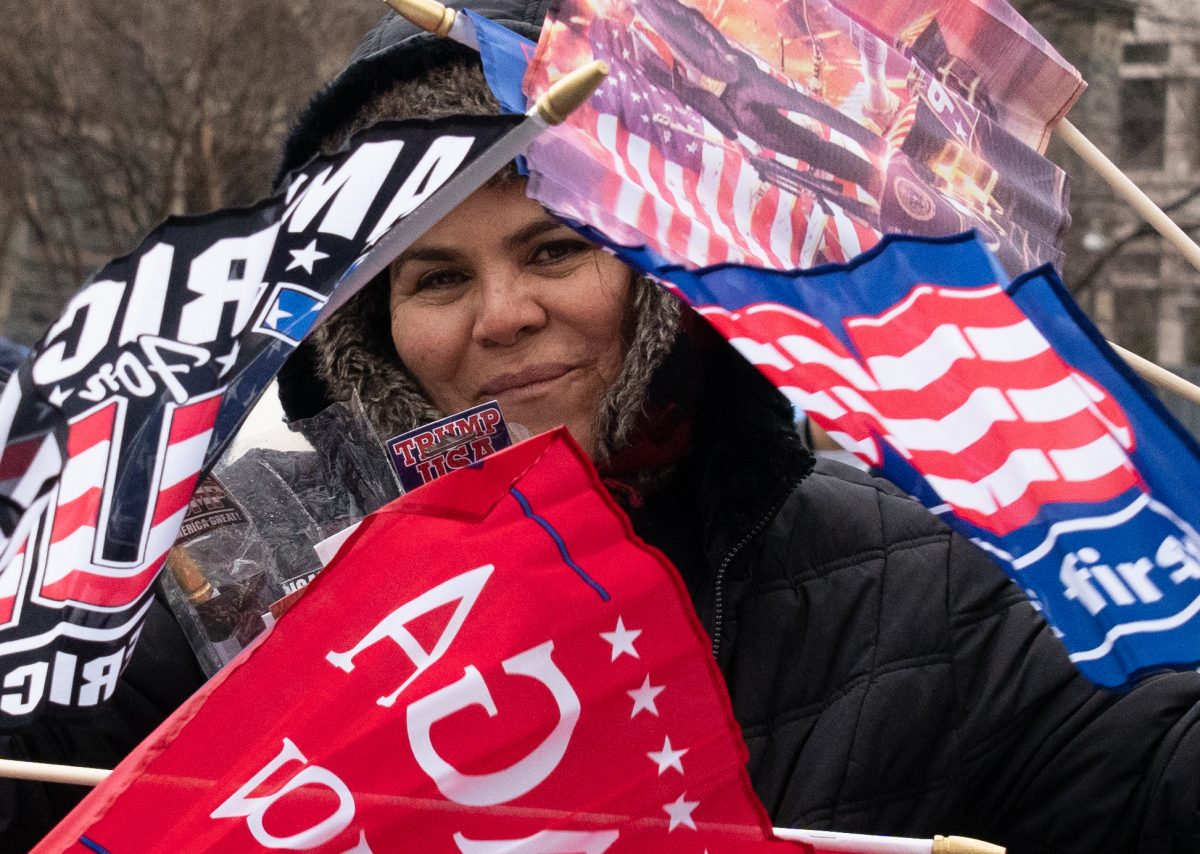
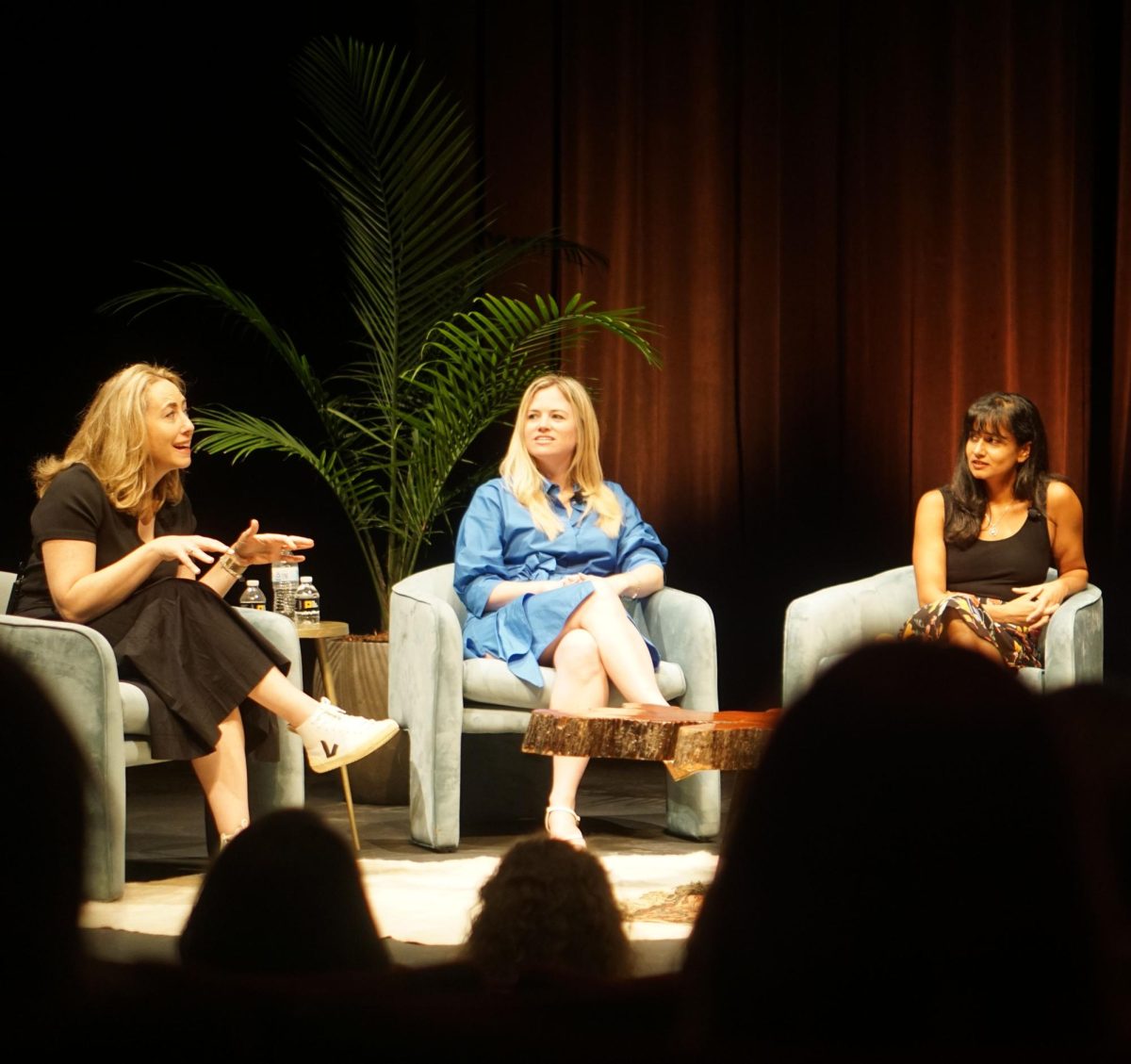
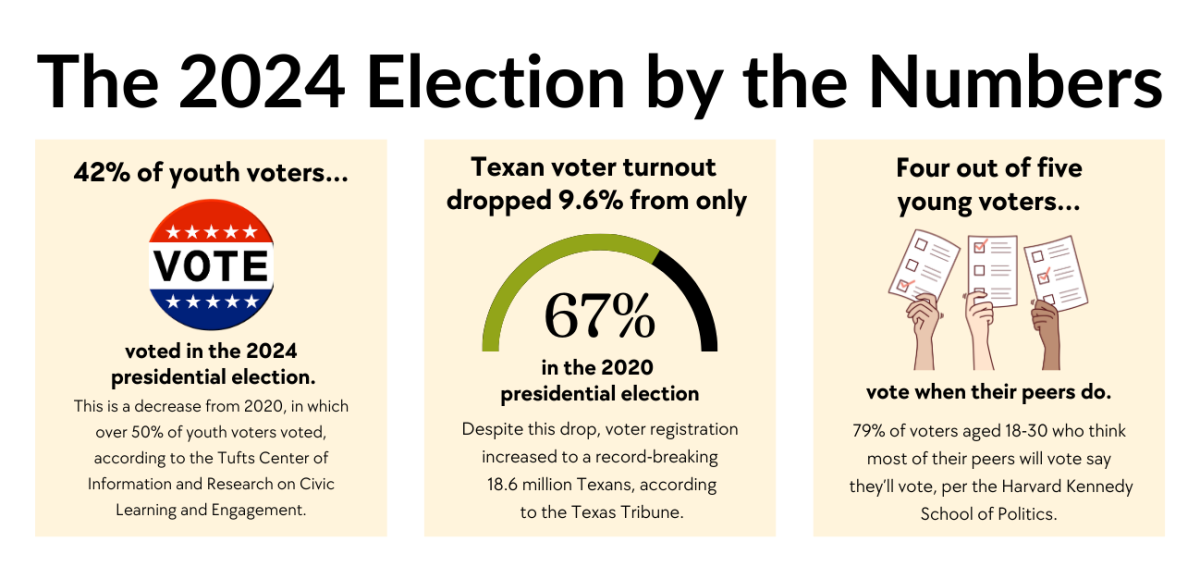
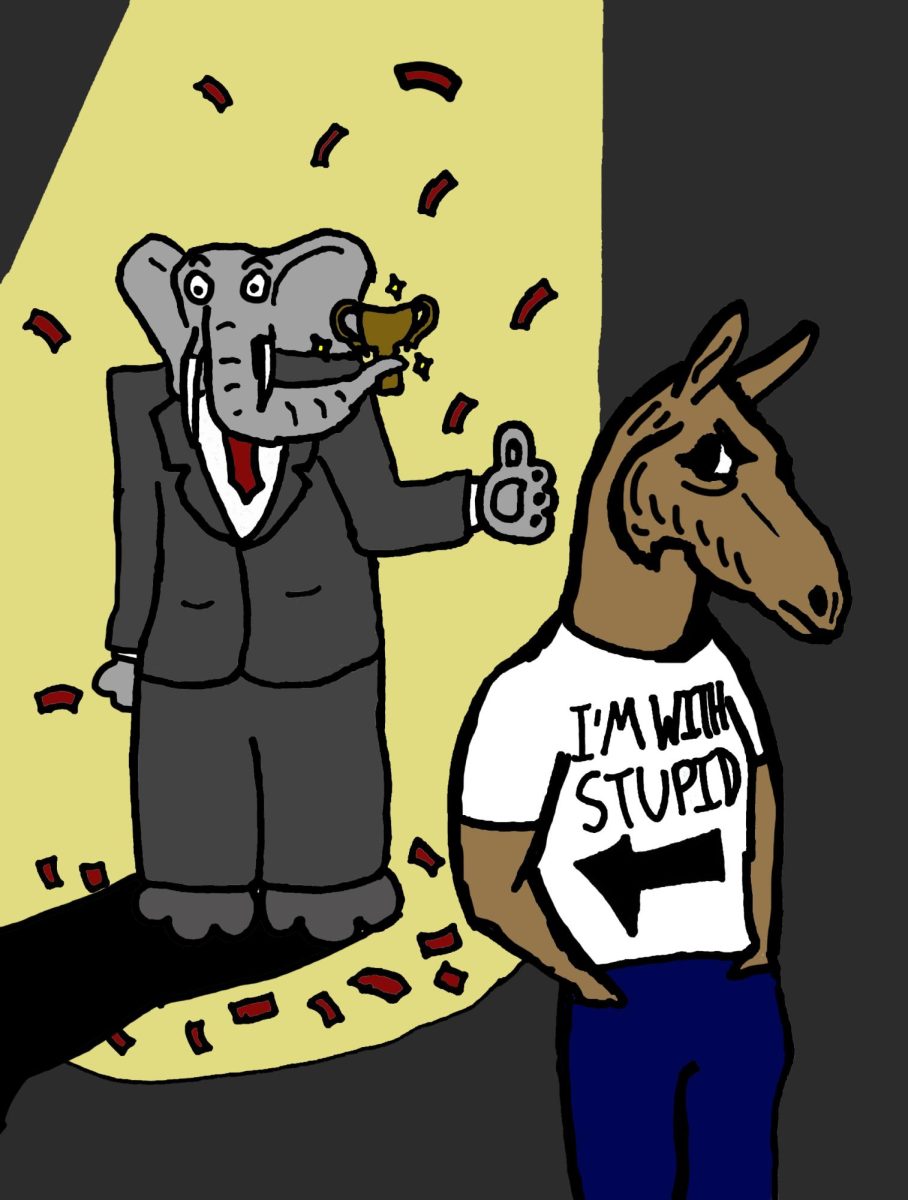
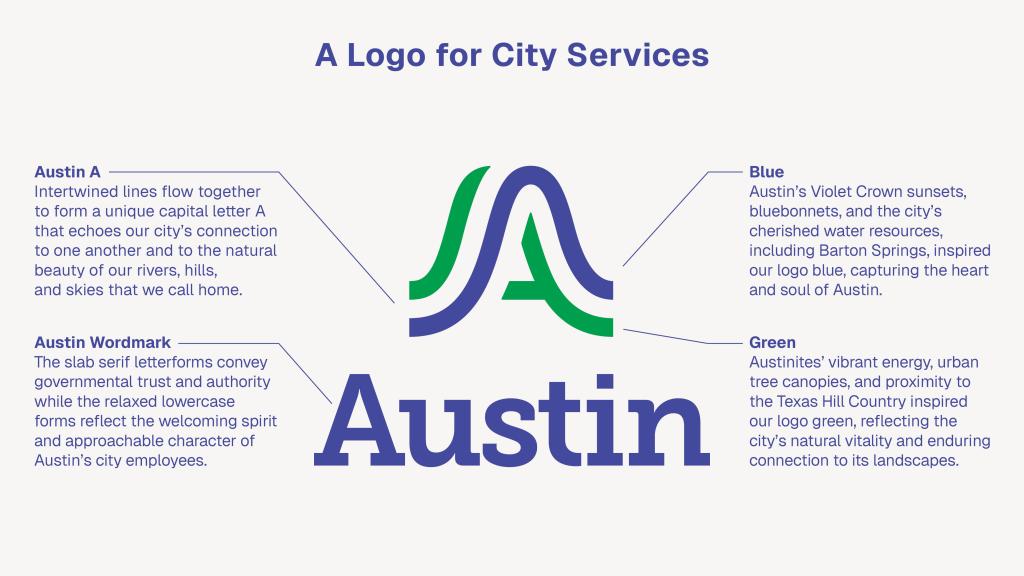

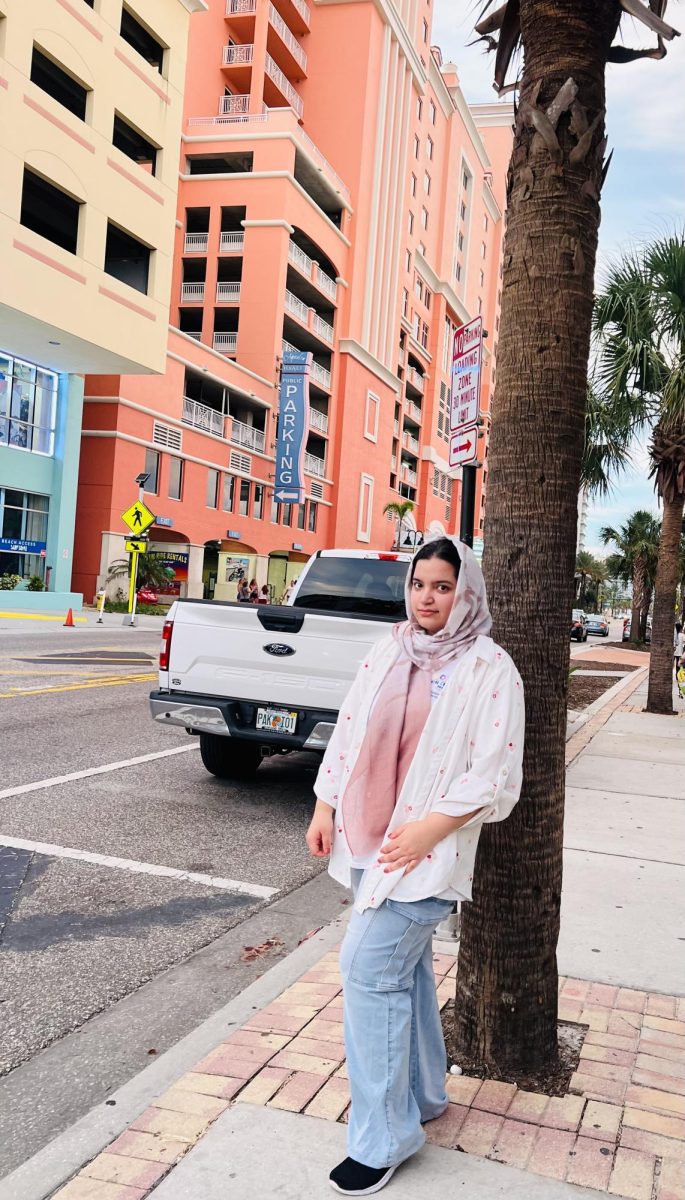


Sylvia Elena • Nov 22, 2024 at 10:13 pm
This article was amazing to me and I think it’s incredible. I loved the way you wrote this, the interviews you got, and your opinion on the subject. You did a great job sharing your view, in a not completely biased way. You still told it like news. I think it would be interesting if you did a story similar to this, closer to Austin. I think you would do a great job writing something about immigration issues, from a town along the border..
Helena • Nov 5, 2024 at 6:58 pm
god lillian you’re so incredible i’m so wow
Wren V • Oct 30, 2024 at 9:42 pm
Such a good Lillian gray article as always 🙌🙌 greatest mentor ever #biggestfan